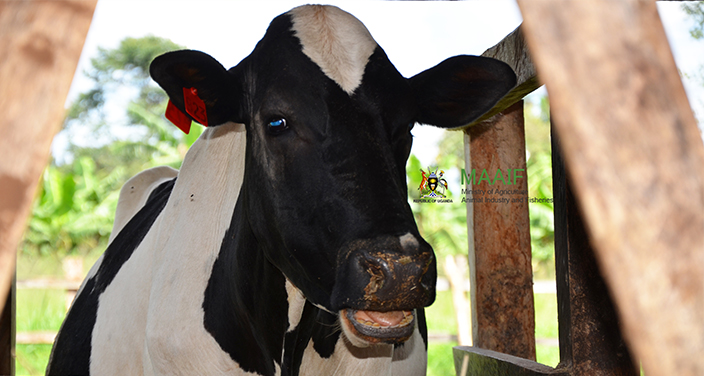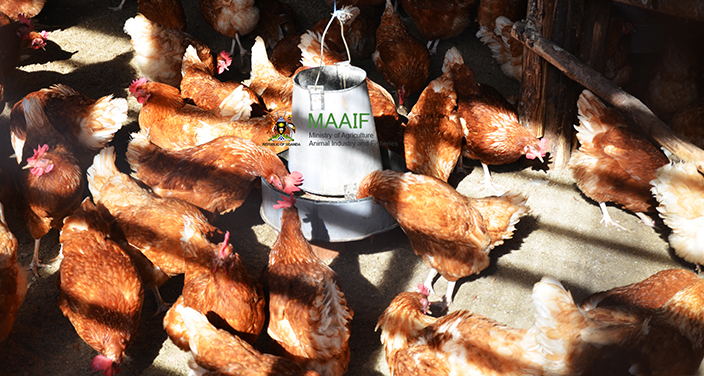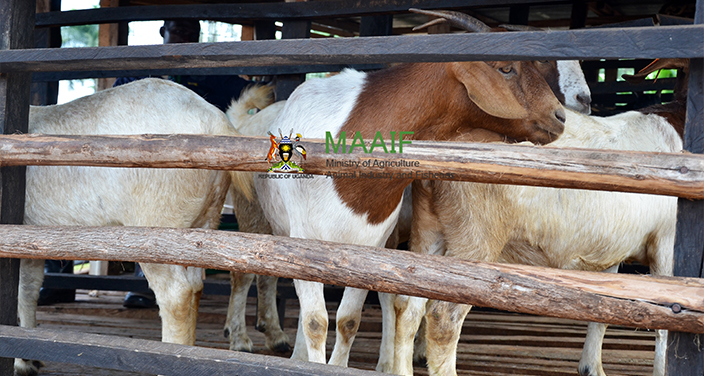Arming Stakeholders Against AMR in Uganda
What is Antimicrobial Resistance?
Antimicrobial Resistance is a trend whereby micro-organisms such as bacteria, fungi, viruses and parasites change and resist when exposed to antimicrobial drugs.
Antimicrobial drugs/antimicrobials are medicines used to treat infections caused by the microorganisms listed above.
Antimicrobial drugs are essential to both human and animal health, but in recent years, some bacteria have demonstrated full or partial resistance to various antimicrobial agents.
It has been observed that several treatable animal diseases are no longer responding to the same antimicrobials that were initially effective in treating them. This trend in which disease-causing microorganisms resist the effects of drugs that they were initially susceptible to is raising concern for public, animal and environmental health.
What are the main causes of Antimicrobial Resistance?
The causes of Antimicrobial Resistance include:
1. Over prescription and overuse of antimicrobials.
2. Poor animal husbandry practices.
3. Poor farm bio-security and
4. A defective or absent infection prevention and control system.
Importance of Antimicrobials in Animal Production
- Antimicrobial agents, including antibiotics, save millions of lives, substantially reduce the burden of diseases in animals, improve animal welfare, contribute to improved food production and safety, improve quality of life of animal owners and consequently contribute to the national economic development.
- Misuse of antimicrobials in animals can result into antimicrobial resistance which would not only affect animal health but could also, subsequently, have significant effects on public health, environmental health and economic development.
Effects of AMR on the Animal Sub-sector
- The emergence and spread of AMR in several microorganisms is complicating the management of many infectious diseases; it is a major threat to the fight against infectious diseases.
- It leads to increased deaths of animals.
- It endangers animal health and welfare, animal productivity, animal life as well as food production.
- It threatens food security (decreased animal source food production and supply) and food safety (unsafe foods of animal origin).
- AMR adversely affects the functioning of human, animal and plant health systems and ultimately social and economic development.
- It raises the cost of treatment.
- It affects other industries (trade and commerce; travel and tourism).
- If resistant organisms spill from animals into the environment, agricultural production (crops, livestock and fish) and quality of water and sanitation are affected.
- Spillage of resistant organisms from animals into humans will have devastating public health effects e.g. loss of lives, loss of productivity, decreased food production, consumption of unsafe foods, increased costs of treatment and overburdening of the constrained national health system.
- Animal health, human health and environmental health are interconnected; any adverse effect on one affects the other two as well. Anything that affects these three will affect livelihoods and consequently, the economy.
What the Government of Uganda is Doing About AMR
- The government is committed to the global and regional calls to combating AMR and promoting prudent use of antimicrobials in animals. The government is implementing the joint recommendations and guidelines of the OIE, WHO and FAO to achieve the following goals targeted by the tripartite-recommended actions:
- Ensure that antimicrobial agents maintain their efficacy.
- Promote prudent and responsible use of antimicrobial agents.
- Facilitate access to quality drugs.
- In 2018 Uganda launched her five-year AMR National Action Plan (NAP).
- The Ministry of Agriculture, Animal Industry and Fisheries is taking lead in implementing the animal sector-related activities of the NAP.
- The Ministry of Agriculture, Animal Industry and Fisheries has developed essential veterinary drug list and guidelines for the use of antibiotics on the farm.
- Stakeholders in the animal sector in Uganda play critical roles variously in reducing the impact of AMR in the country.
- Veterinary professionals play a critical role in educating animal owners and the public about AMR and encouraging the prudent use and management of antimicrobial products in animals.
- The One Health Approach is being used in the implementation of the AMR National Action Plan for Uganda



